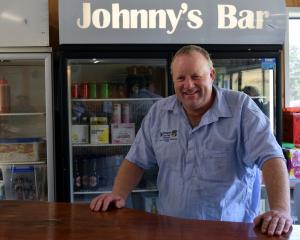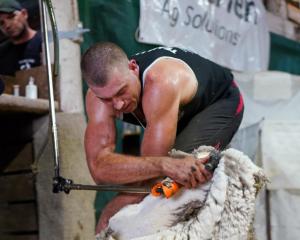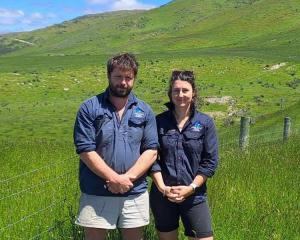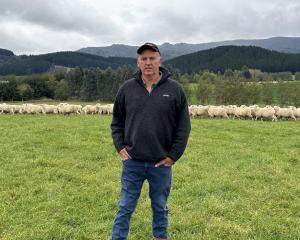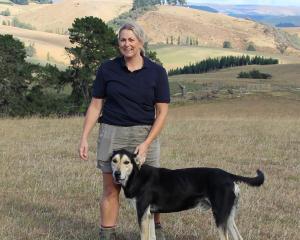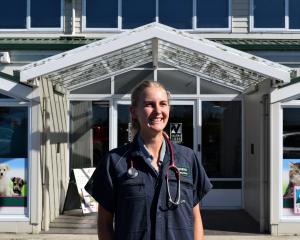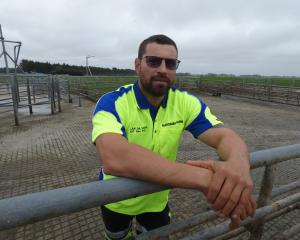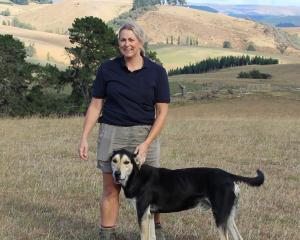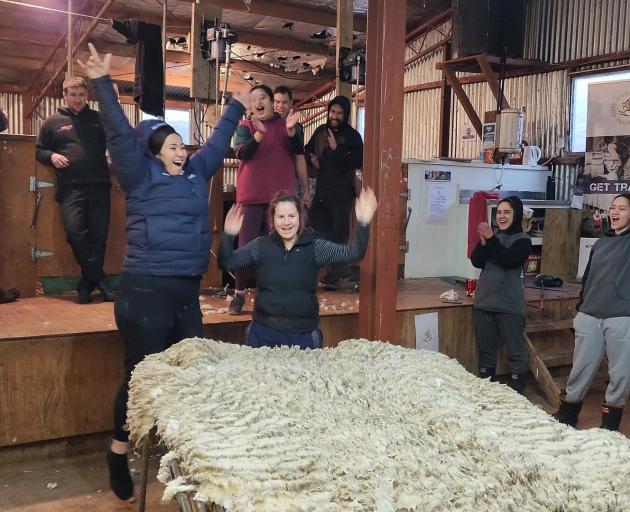
The agreement signed with woolgrower-owned Australian Wool Innovation (AWI) and Australia’s largest shearing and wool handling training organisation, SCAA Shearer Wool Handler Training (SCAA SWTI), is in response to the global shortage of shearers and skilled wool handlers.
New Zealand wool and sheep meat producers have endured the shortage for the past two years, resulting in the costs of shearing increasing here by at least 15%-20%.
But the problem is not confined to New Zealand, which competes with Australia and northern hemisphere farmers and contractors for the same pool of shearing and woolhandling staff.
Elite chief executive and New Zealand-based Scotsman and former World Champion shearer Tom Wilson said working with Australia would, in the first instance, allow co-ordination and management of staff across the two countries, better promote the industry as a career and improve both the supply and quality of staff.
Elite trainers in New Zealand include World and New Zealand champions such Wilson and fellow shearers Dion Morrell and Paerata Abraham and woolhandlers Joel Henare and Pagan Timene.
Youngsters are exposed to the woolshed equivalent of training and working as if they were young rugby hopefuls training and playing with their All Blacks heroes.
SCAA SWTI chief executive officer Glenn Haynes said the agreement was not a silver bullet for the issue of skills shortages, but would provide a platform to solve or at least mitigate some of the training issues Australia and New Zealand were experiencing.
"This agreement will allow for the training organisations to work together on shearing and wool handler training consistencies across the Tasman," he said.
"For example, it will help ensure that when young Kiwis come to Australia to shear, their shearing pattern and technique will be consistent and align with what the Australia market requires.
"It will also ensure that young Australians travelling to New Zealand will have a better understanding of the New Zealand crossbred shearing techniques, as will the wool handlers."
The transient nature of the workforce meant ever-increasing numbers of shearers and wool handlers were travelling in both directions across the Tasman for work experience.
"With the level and experience of the trainers involved in the combined organisations, the knowledge that can be shared from both sides can only be beneficial for the industry," Mr Haynes said.
Mr Wilson said he was delighted with the chance to align and co-ordinate training with his Australian colleagues.
"In the past, New Zealand and Australia have worked closely to manage a trained workforce on both sides of the Tasman," he said.
"It is great to have the opportunity to provide a strong, co-ordinated level of support to the industry again."
"We expect this to grow opportunities for young people to get into this great industry, both here in New Zealand and in Australia," he said.
All three entities had quality and animal welfare at the forefront of their training ethos "so it makes sense to combine our efforts".
AWI head of shearer training Craig French supported the initiative, noting the shortage of shearers and wool handlers was an international problem and a broader approach was needed to address it.
During the next three years, Australian woolgrowers would invest more than $10million into shearer and wool handler training and Mr French said it was best to have an agreement with transtasman counterparts to ensure the investment "is not one-sided and is in sync with what is happening in New Zealand".
Australian Shearing Contractors Association secretary Jason Letchford said he was excited about the benefits of being able to help learner shearers and woolhandlers move between the countries.
"This will help to accommodate the seasonal cycles and better ensure consistency of work for new entrants to the industry, an issue that has been the Achilles heel for learner shearers in the past."


